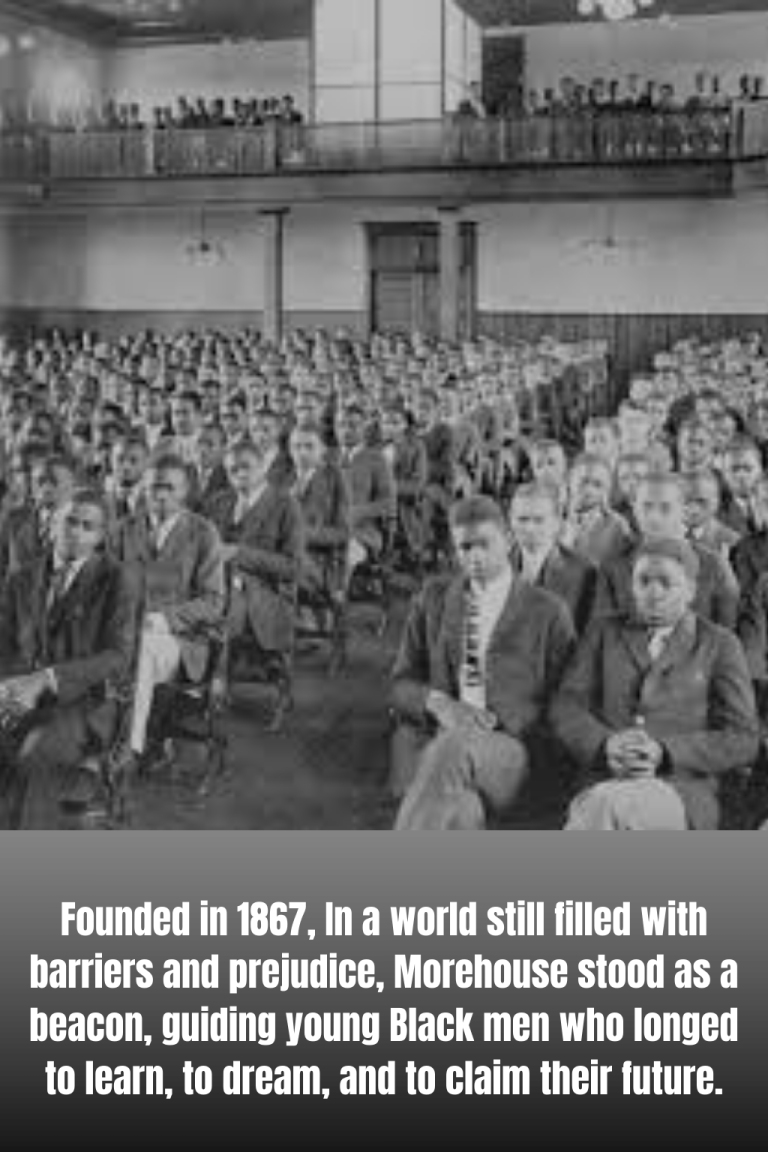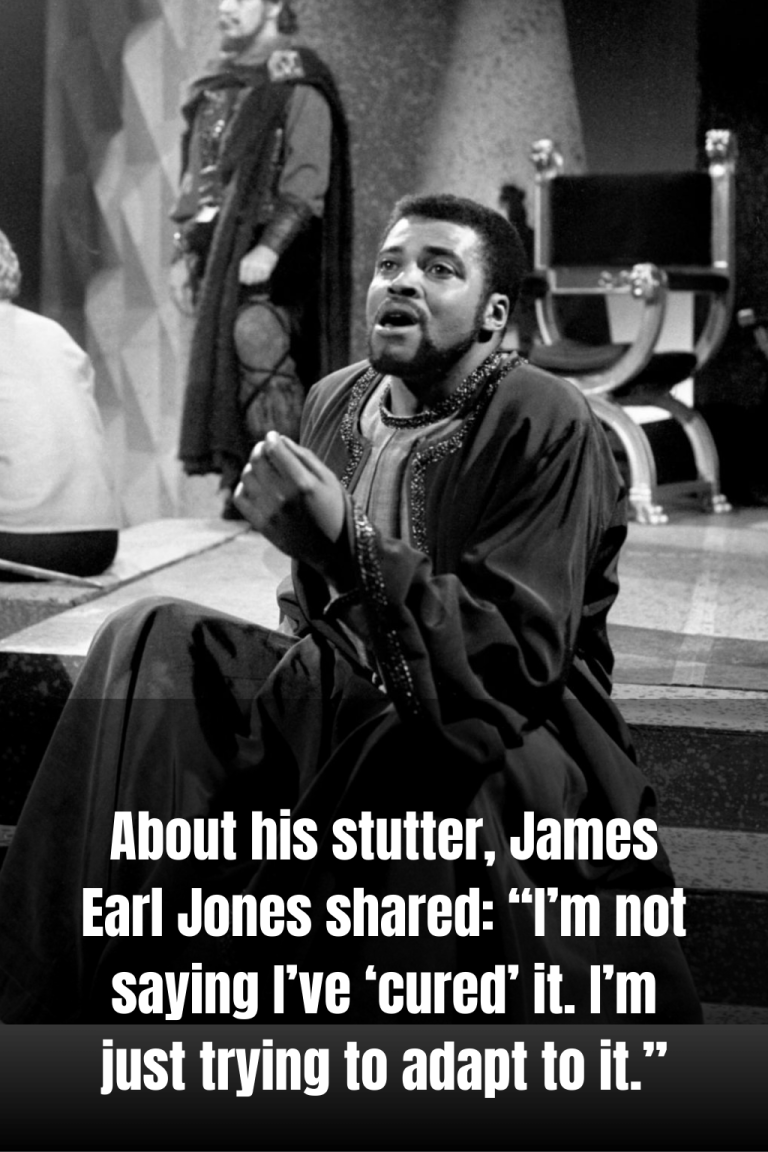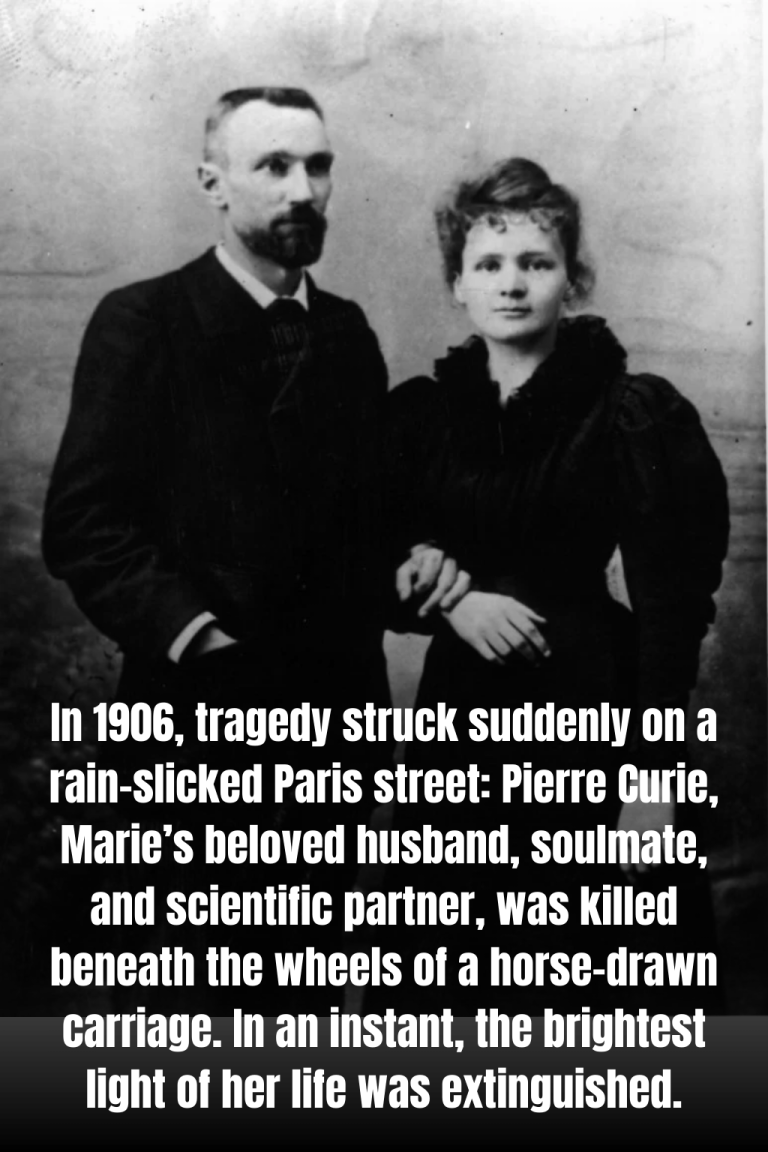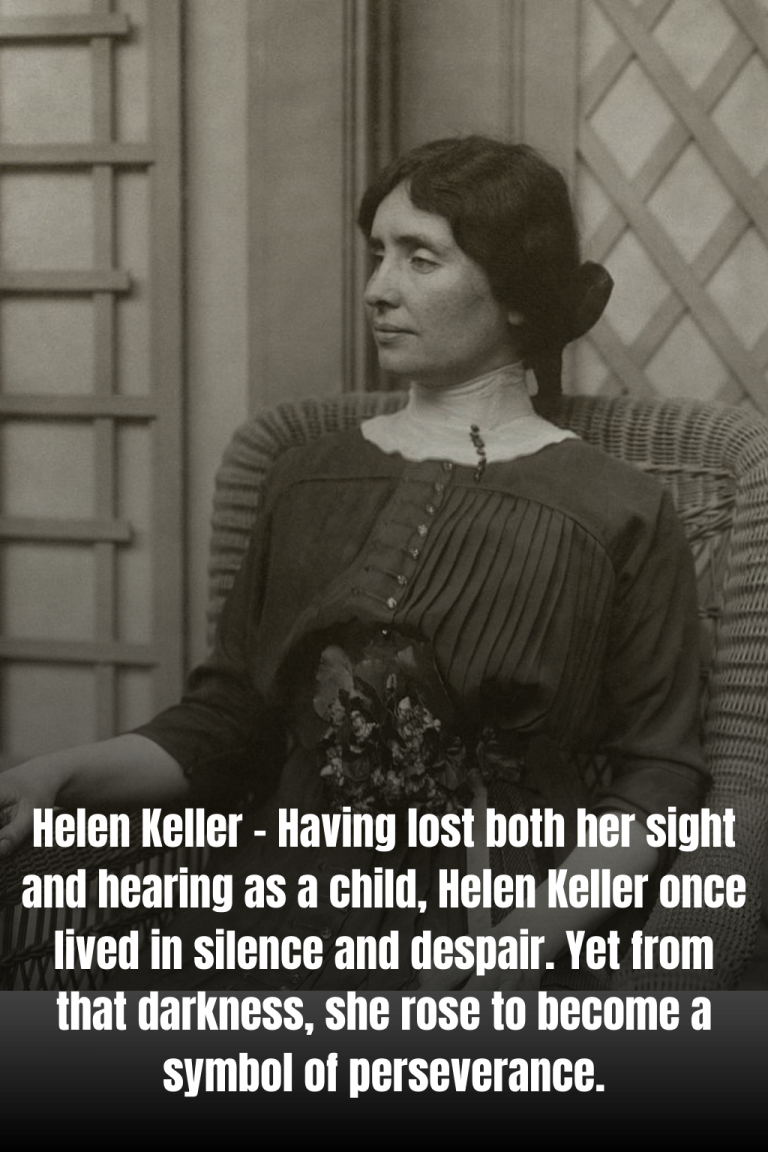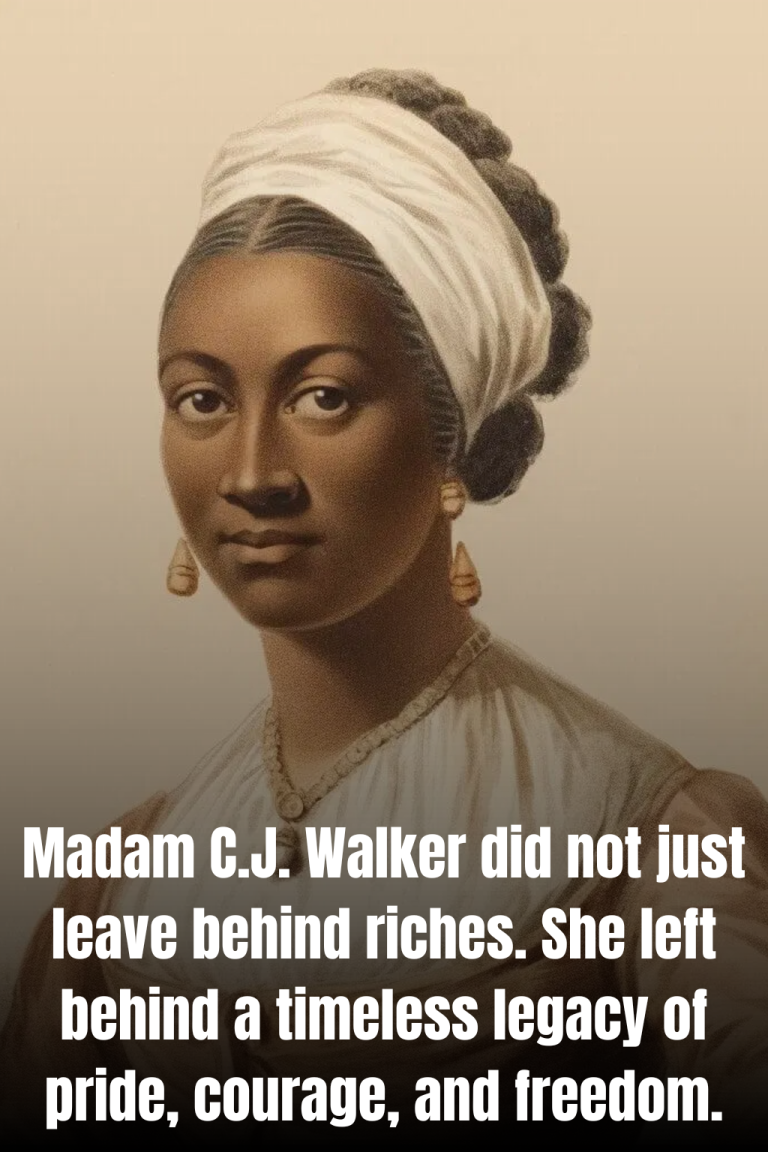A Tragedy That Changed the World: Samuel Morse’s Journey from Grief to Invention
In 1825, in a quiet studio in Washington, D.C., Samuel Morse was immersed in his art, capturing portraits with meticulous strokes of his brush. But one day, a letter arrived, carrying heavy news: his beloved wife, Lucretia, had fallen gravely ill.

Before he could even plan his return, another letter reached him. This time, the words were final and merciless—she had died.
Morse dropped everything and rushed home to New Haven, desperate for one last moment, one last goodbye. But fate was cruel. By the time he arrived, his wife had already been buried. He had missed her final breath, her funeral, and the chance to hold her hand one last time.

Standing by her grave, shattered by grief, Morse’s heart burned with a question: Why must news travel so slowly? Why should love and life be severed by the tyranny of time and distance?
From that pain arose determination. He devoted himself to finding a way for urgent messages to leap across great distances at the speed of electricity. Years later, his persistence bore fruit: the telegraph, powered by the simple yet revolutionary language of dots and dashes—Morse code.
What began as a private heartbreak became a gift to humanity, shrinking the world and forever changing the way people connect.
